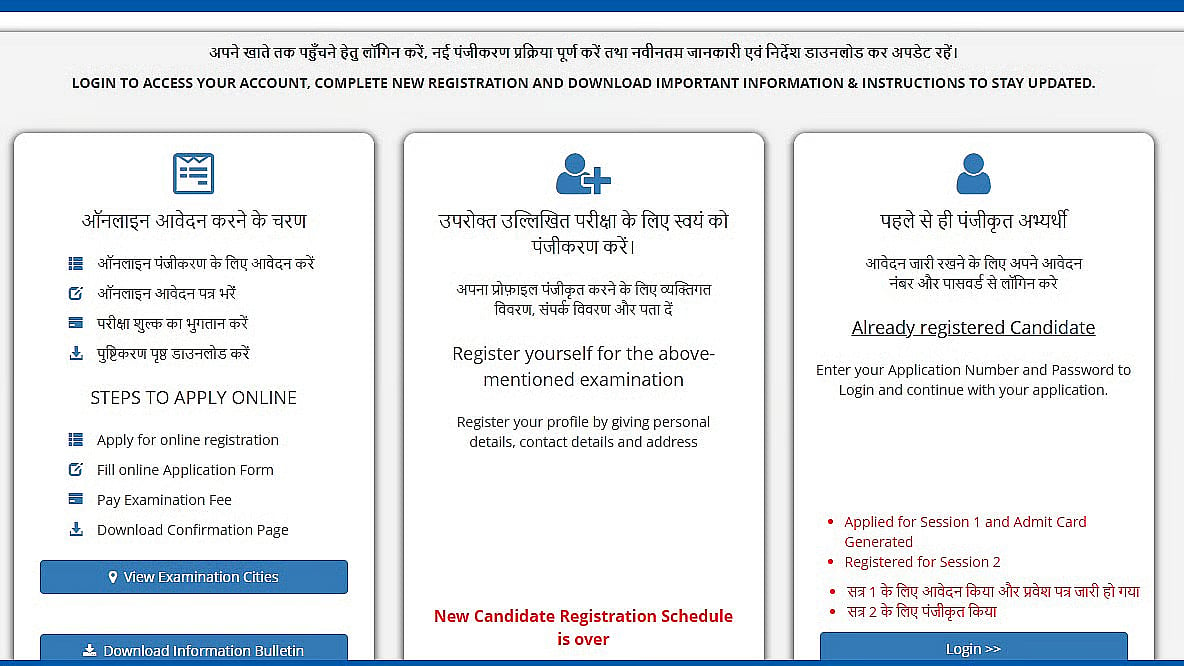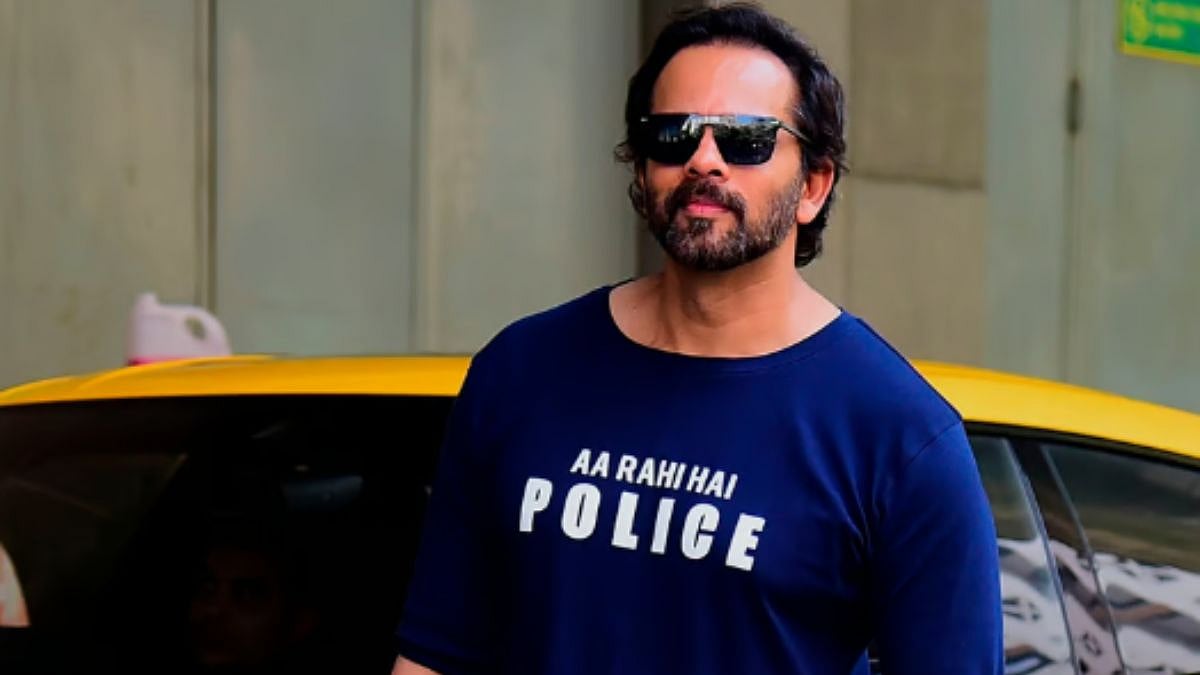When one talks of songs about light and lamps, old-timers instantly remember Diya Jalao, the hit from the 1943 film Tansen. The movie was based on the life of legendary musician Miyan Tansen, one of the jewels in Emperor Akbar’s court. It was sung by and filmed on K.L. Saigal, with Khemchand Prakash composing the tune and Pandit Indra writing the words. Legend has it that Tansen was asked to sing in raag Deepak, and lights lit up automatically as he sang.
Though it had nothing to do with Diwali, Diya Jalao often comes to mind on this festive occasion. It wasn’t the only such song related to Tansen and lights. Another biopic Sangeet Samrat Tansen was made in 1962, with Bharat Bhushan in the lead role. It had the Mohammed Rafi song Deepak Jalao Jyoti Jalao, composed by S.N. Tripathi and written by Shailendra.
Compared to Holi or Ganesh Chaturthi songs, the number of Diwali tunes is far smaller. If one were to create a playlist, one would actually find only a handful of songs actually pertaining to the festival. But one could always include songs related to light, and related words like ‘roshni’, ‘ujala’, ‘charag’ or ‘diya’. On a lighter note, songs about light cannot be described as light music.
Let’s begin with festival-specific songs. The obvious choice is Deep Diwali Ke Jhoothe, sung by Kishore Kumar and Sushma Shreshta in the 1973 film Jugnu. S.D. Burman created the tune and Anand Bakshi wrote, “Deep Diwali ke jhoothe, raat chale subah toote”. In the same mood was Mele Hain Charagon Ke from the 1961 release Nazrana. Filmed on Vyjayanthimala, Raj Kapoor and Usha Kiran, it had Rajendra Krishan’s lines, “Mele hain charagon ke, rangeen Diwali hai, mehka hua gulshan hai, hansta hua mali hai.” Composed by Ravi, the song had a festival setting.
Another favourite is Deepawali Manayen Suhani, sung by Asha Bhosle and composed by Pandurang Dikshit in the 1977 film Shirdi Ke Saibaba.
Of the new songs, pop and playback singer Shaan composed and released The Happy Diwali Song last year. Here, Rajiv Rana wrote: “Aayi hai phir se happy waali feeling leke Diwali.” Singer Vishal Mishra’s brand-new song is titled Diwali, and features Tara Sutaria and Dhaira Karva in the forthcoming film Apurva. It’s a love song written by Kaushal Kishore.
Not all Diwali songs are about joy and celebration. A total contrast is Madan Mohan’s composition Aayi Abke Saal Diwali, sung by Lata Mangeshkar in the 1964 release Haqeeqat. Here, lyricist Kaifi Azmi asked why one should celebrate Diwali when soldiers are at war. “Aayi abke saal Diwali, mooh par apne khoon maley, chaaron taraf hai ghor andhera, ghar mein kaise deep jaley?” he wrote.
While these songs make specific reference to Diwali, there are many which use words talking of brightness. Examples are ‘diya’ and ‘deep’. Though it’s a friendship anthem, Diye Jalte Hain from Namak Haraam can be played in a Diwali mood, specially when friends gather. Sung by Kishore Kumar, it was composed by R.D. Burman and written by Anand Bakshi. Another song with the word ‘diye’ used as a metaphor, is the Talat Mahmood classic Jalte Hain Jiske Liye from the 1959 film Chhaya. S.D. Burman provided the music, and Majrooh Sultanpuri wrote, “Jalte hain jiske liye, teri aankhon ke diye, dhoond laaya hoon wohi geet main tere liye.”
Songs making use of ‘deep’ include Jab Deep Jaley Aana, sung by Yesudas and Hemlata, and composed and written by Ravindra Jain in the 1976 movie Chitchor. The word ‘roshni’ is used in Roshni Se (sung by Abhijeet, composed by Anu Malik and written by Gulzar in the 2001 film Asoka) and Roobaru Roshni (sung by A.R. Rahman and Naresh Iyer, composed by Rahman, penned by Prasoon Joshi in Rang De Basanti, 2006).
For ‘ujala’, there is the 1954 classic Gaya Andhera Hua Ujala sung by Talat Mahmood and Lata in Subah Ka Tara (1954). Music was by C. Ramchandra and lyrics by Noor Lucknawi. Even older, using ‘shama’, is Suraiya’s Ae Shama Tu Bata, composed by Naushad and written by Shakeel Badayuni in Dastan (1950). Old or new, these songs could light up your Diwali.







